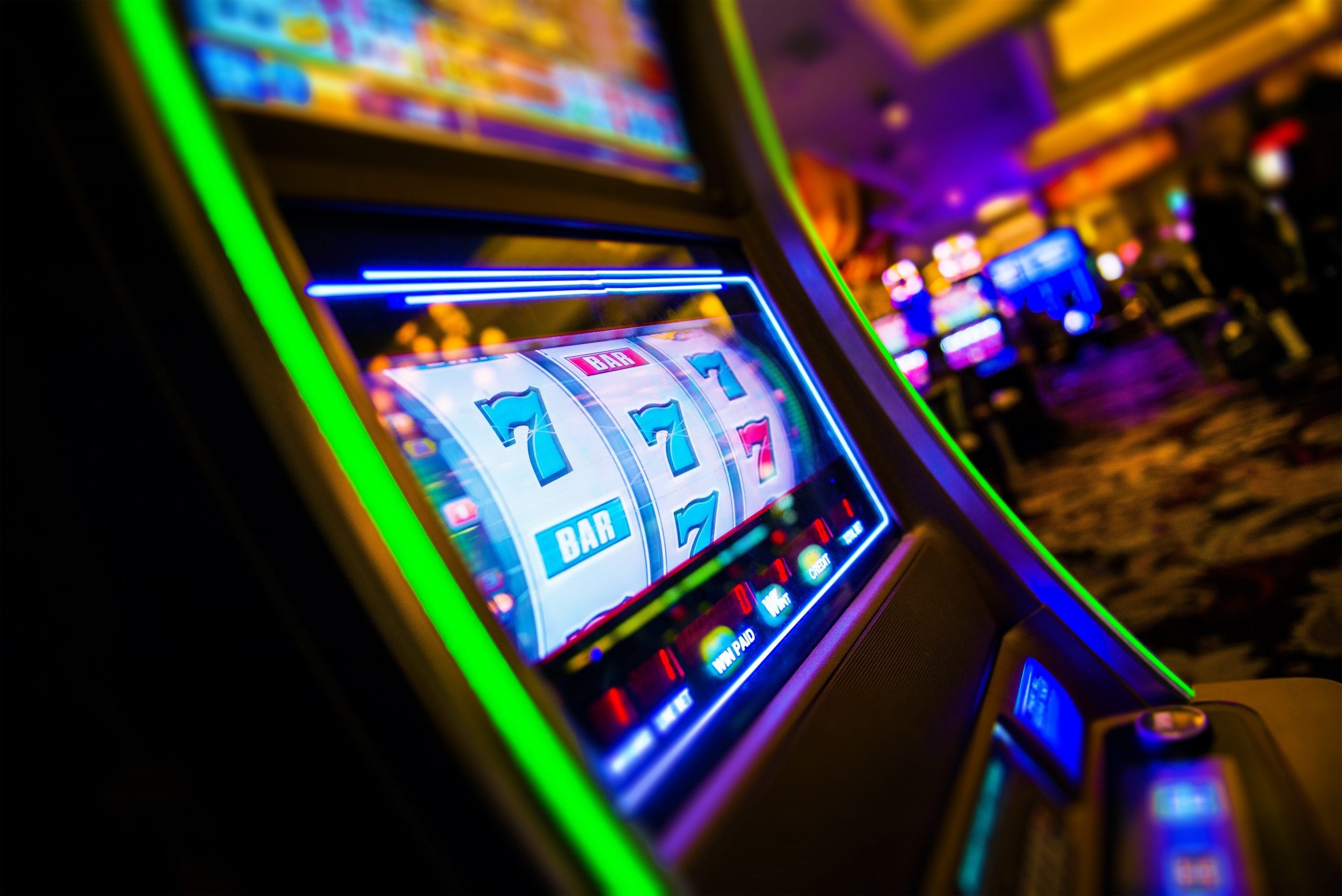It requires no courage to help the strong to prey upon the weak.
In 2017, Gov. Wolf and the Republican-controlled state legislature expanded gambling in the state of Pennsylvania. They did so despite the availability of information indicating that the U.S. gambling industry was already nearing saturation and that its long-term economic and social impacts are negative. Now, in 2021, Pennsylvania casinos are collecting more than $4 billion per year in gambling revenue. With land-based casinos that can capture revenue from our neighboring states already available in nearly every populated area near Pennsylvania’s borders, the Pennsylvania Gaming Control Board (PGCB) is currently weighing whether or not to extract additional revenue from the heartland of our state by licensing a new casino at the Nittany Mall.
While the high revenues from gambling receive lots of media attention, what is less well publicized is that the spread of land-based casinos in Pennsylvania has coincided with and aggravated the spread of gambling addiction in our state. Just as the push to distribute addictive opioid painkillers led to an epidemic of opioid abuse during the past decade, the push to maximize gambling revenue has led to increased gambling addiction. Currently, there are at least 51 gambling addiction recovery groups in the state of Pennsylvania. Predictably, most of these groups are located in close proximity to Pennsylvania’s land-based casinos.
These addiction recovery groups are focused exclusively on helping individuals to recover from gambling addiction, and as such they eschew taking positions on any public policy matters – including whether or not any specific casino should be opened. Their commitment to these principles is so strong that these groups do not even advertise their own meetings, so you will never hear their side of the story unless you seek them out on your own.
Gambling disorder is a behavioral addiction diagnosis rather than a personal moral failing, and public policy to limit the availability and accessibility of gambling can play an important role in mitigating the worst effects of gambling addiction. Currently, Central Pennsylvania is the last remaining haven from land-based casinos in our state, and those who have recognized that they need to avoid the temptation of this form of gambling can live here while still remaining relatively close to their other relatives in Pennsylvania. If we do not keep land-based casinos out of our region, many of these people may find it necessary to leave our state altogether, or if they stay here they may end up being destroyed by addiction.
The PGCB has not yet voted on whether to approve or deny the license for the proposed casino at the Nittany Mall. You can make a difference and help to protect our community by e-mailing your feedback regarding the proposed casino to the PGCB at [email protected]. Please include the words “Nittany Mall Casino” in the subject of your e-mail to ensure that your feedback is associated with the appropriate casino licensing decision.
Andrew Shaffer,
State College



